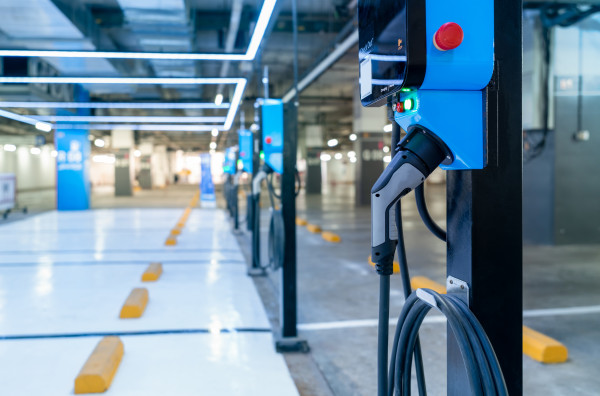New strategic plan

Standards New Zealand’s previous strategy was developed and implemented in 2016. Since then, the standards landscape and operating environment have changed considerably. This presents new challenges, new customer needs, and new opportunities, all of which necessitate a new strategy to take account of these changes.
This past year, Standards New Zealand has developed a new strategic plan. It tells the story of where Standards New Zealand is going over the next five years, how we intend to get there, and importantly why. It will provide the direction needed to help adapt to changing environmental and economic conditions. Business sustainability will be enhanced through modernisation and diversification of our products, services and infrastructure and delivering on the government’s Te Tiriti o Waitangi obligations.
This strategy focuses on delivering against four priority areas: climate change, the digital economy, customer services and the ongoing sustainability of our business model to ensure we can continue providing value to New Zealand.
Engagement with other international and national standards bodies has shown that the priority areas identified by Standards New Zealand are shared by others across the globe. There is a worldwide focus on climate change, which knows no boundaries, and the digital economy, which exists in a global market. Through participation in international standards committees, we offer New Zealanders the opportunity to engage with a global pool of experts with high levels of specialist knowledge that can be drawn upon to enhance New Zealand’s standards, and subsequent policy and practice, in these areas.
Our strategic priorities are designed to be regularly reviewed and adjusted, when needed, to respond to any changes in our external environment.
The objectives and deliverables associated with these strategic priorities will help us determine the progress we are making towards achieving our vision. They will also help demonstrate to our stakeholders how, as a cost recovery organisation, we are delivering against our core purpose of harnessing the power of standards to facilitate New Zealand’s trade and keep New Zealanders safe.
Standards to help address climate change
The threats posed by climate change are significant, both domestically and internationally. Our products and services can add real value to efforts by the government and industry to address some of the effects. We can help reshape our energy landscape, improve climate change resilience and support the decarbonising of our key sectors through the use of standards that underpin the adoption of renewable energies and the use of new and energy-efficient technologies.
Standards to support the digital economy
Every aspect of our economy is reliant on rapidly evolving digital technologies and data information and management. Standards can help Aotearoa New Zealand keep pace with developments in international markets, ensuring that industry and government have safeguards and protections in place and can operate smoothly and effectively in an increasingly connected world.
Standards New Zealand needs to evolve
Just as industry and governments need to evolve, so too must Standards New Zealand. We operate a fully cost recoverable user-pays model to cover our costs. The current operating environment presents challenges to this model, especially with industry’s financial means having been impacted by recent global and domestic events and economic conditions. As an organisation, we need to respond to this challenge by growing and investing in our offerings to provide competitively priced and accessible standards which meet users’ needs.
To this end, we plan to continue working closely with our industry and government partners to understand and respond to their changing needs and those of standards users. Collaboration is at the heart of what we do and, with agreement from all, standards provide the right solutions, adding value for all users and benefitting New Zealand.
Charging New Zealand’s EV network
New Zealand benefits through reduced emissions and a bigger, more robust electric vehicle (EV) infrastructure
Following the success of 2021’s publicly available specifications (PAS) regarding EV chargers for commercial applications and residential applications, both PAS are now undergoing a review. This reflects the rapid nature of change that EV charging is undergoing and the subsequent responsiveness of the PAS-style of publication to support change initiatives.
With more than 4,500 downloads, the PAS are going through their first public consultation as part of the review (at time of writing). Designed to help both consumers and installers meet energy efficiency and interoperability needs of charging devices, the guidelines have garnered the interest of the Australian market, which is seeking to turn them into joint standards.
Complementary to the two standards under review is the development of a further EV-related PAS focusing on ‘chargers for on-journey public charging’. This has wide-reaching potential to help grow New Zealand’s nationwide EV charging infrastructure and could address ‘charging anxiety’ that may act as a barrier to EV adoption while ensuring any equipment installed offers efficiency and interoperability.

